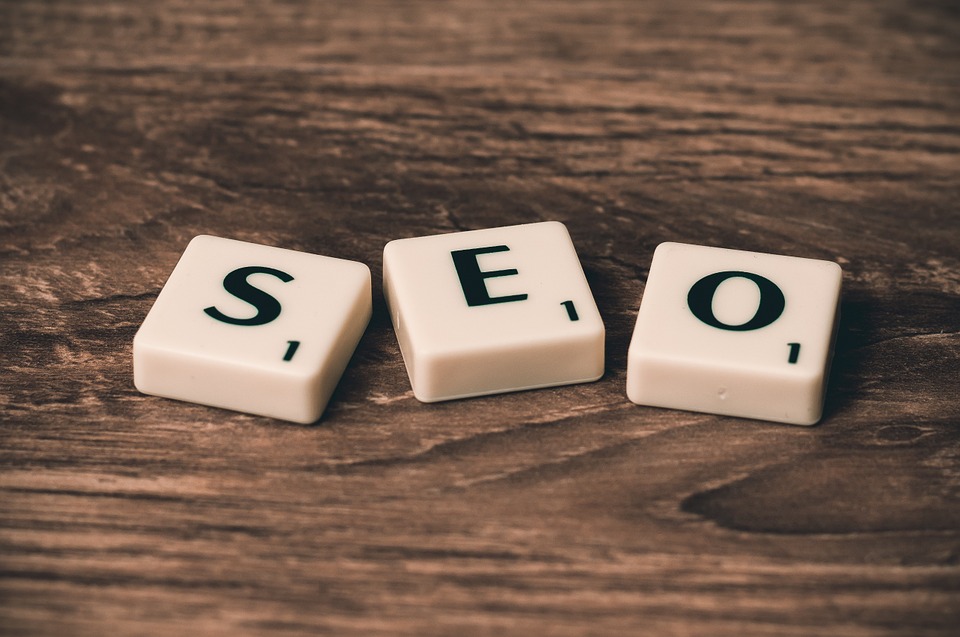What is SEO?
Understanding what it is and what it can do for you

Search Engine Optimization, better known as SEO is a fundamental tool for any business. Businesses must master in order to position its website so users can easily find it when using a search engine.
There is any number of reasons why SEO has become increasingly important. One of the key reasons is it allows an organization to connect site content to potential customers or a target audience. With the right SEO, an individual using a search engine will be able to find your Web page with as few clicks as possible. In short, your website will become highly visible to even the most casual of online surfers.
What is SEO?
In short, it’s an online marketing strategy. When used correctly, it allows a website to become highly ranked on search engines such as Google, Bing, Yahoo or even Amazon and eBay. SearchEngineWatch described SEO as a way to “create a seamless user experience” so that users easily find what they are looking for.
There are numerous ways to “optimize” a website, including an improvement of content. Strong SEO enables a businesses’ content to be seen and that leads to page visits and, if you’re into e-commerce, sales.
When setting up an SEO strategy it’s important to remember that relevancy is determined by several key factors. These include strong content, a good user experience and how well a site works. Everything on a website should be relevant including images, HTML tags, titles, page attributions, meta tags, titles, headers and more.
But, it may be content that determines the strongest SEO response.
“SEO is much more than just hitting some magical SEO button. Yes, you must have clean code and tools, but nothing trumps strong and relevant content. Take the time to find exactly out what people are searching for and answer those questions. That will go a long way in determining how your Web pages rank,” Corey Buress, creative director of eResources said.
One thing to keep in mind is that a good SEO strategy goes beyond simple search engine results. It allows sites with multiple pages to be sorted through, again something that is important if you operate an e-commerce site with multiple pages of goods. You want your site to be seen and having a good SEO strategy will address that. Take into consideration that more than 80 percent of B2B buyers begin with a Web search. And nearly 80 percent of U.S. consumers research products online on an annual basis. Also, consumers tend not to dig too deep into Google, with 91 percent of clicks from a Google search going to first-page results. With those numbers in mind, it’s no wonder that a strong SEO strategy is essential to business growth.
Understanding SEO also means that you should be aware that websites like Google regularly changes its algorithms for the search engine. This means that what worked last year to keep a website at or near the top of search results might not work this year.
Failing to grasp the importance of SEO will prevent a business from fully maximizing its potential as a source of communication or e-commerce.
Other Articles You Might Be Interested In:

Returning Visitors – An Old Metric with New Meaning
What analytics should I track? Look at returning visitors rather than bounce rate or time on site to determine the success of digital marketing efforts.

For most businesses, bounce rate is now obsolete
The fact is that for most businesses, bounce rate is a vanity metric and should not be a major indicator of success. Here are three reasons why.


